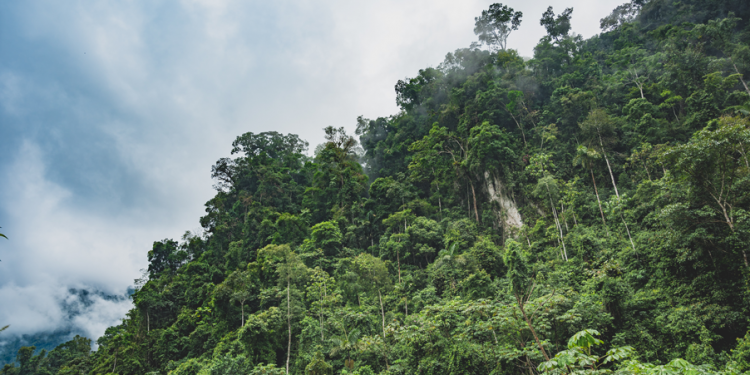British retailers including Asda, Marks & Spencer and Tesco, alongside agrifood businesses and food producers have signed an open letter to the Brazillian government calling for a halt to the ongoing destruction of the Amazon rainforest. It comes in anticipation of legislation that would legalise the private occupation of public Amazonian land and jeopardise its survival.
Food production, specifically cattle, is the biggest driver of deforestation in the Amazon, home to roughly 200 million head of cattle and supplying up to a quarter of global supply. Agriculture occupies 45 million hectares of cleared forest area, accounting for 62% of total deforestation. Soy production, often associated with Amazonian land, largely takes place in areas outside of the Amazon basin.
The legislation being pushed through by right-wing president Jair Bolsonaro would allow land that had been illegally grabbed to be passed into private ownership. If passed, the proposal would privatise 19.6 million hectares of federal, public land and open the door for the clearing of up to 16,000 km2(1.6m ha) of Amazon forests in the next seven years (2027).
Most of the land in the Amazon is public land which has been plundered through illegal logging or widespread land clearance. If the forest continues to be cleared, it faces an ecological tipping point, threatening the biodiversity and the indigenous people who occupy the forest. In their appeal to the Brazillian National Congress, the open letter says:
“The Amazon is one of the most vital landscapes on our planet: it not only contains 30% of the world’s rainforest but it is also home to 10% of all known species. More crucially, the Amazon plays a critical role in regulating global climate, the water cycle as well as its role in system resilience which is fundamental for planetary health.”
While the Amazon rainforest is viewed globally as the lungs of the world, Bolsonaro views it as Brazilian property to be capitalised. The letter from the retailers recognises his desire for profiting:
“We also recognise that it is a crucial economic resource for Brazil, for both now and in the future.”
Calling upon the Brazilian lawmakers to halt further destruction, the group of businesses recognise the need to balance economic growth and environmental protection simultaneously:
“We know that we must ensure that protecting the Amazon is economically more attractive than destroying it, reflecting its true value to the world – and we want to work with all Brazilian stakeholders on this. What remains essential is that further destruction is halted.”
“We urge the Brazilian government to reconsider its stance and hope to continue working with partners in Brazil to demonstrate that economic development and environmental protection are not mutually exclusive.”























